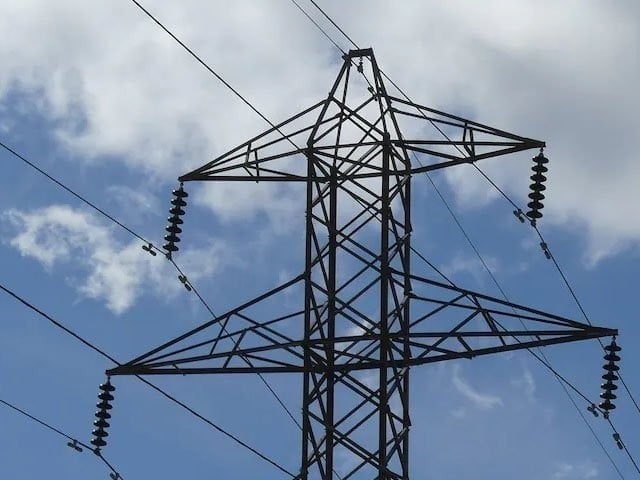Islamabad: Chinese authorities have declined Pakistan’s proposal to renegotiate loan terms aimed at extending repayment periods and reducing interest rates on loans taken for the CPAC projects and New Clear Power Plants.
During a briefing to Express Tribune, representatives of three major Chinese firms stated that any decision to restructure loans for energy projects should be negotiated between Chinese banks and Pakistani authorities. However, they rejected the possibility of any changes in their terms and conditions concerning their interests and capital payments, as agreed upon under the Power Purchase Agreements.
Finance Minister Mohammad Orangzeb has departed for meetings with Chinese officials to seek an extension in the repayment period of loans amounting to approximately $1.7 billion. These loans were procured by the Pakistani government and Chinese companies for installing power plants under the CPAC and New Clear Power Plants initiatives.
According to Treasury sources, Pakistan has proposed an 8-year extension on the repayment of energy sector loans, converting payments from US dollars to Chinese yuan, and reducing interest rates on these loans. If accepted by Chinese authorities, this could potentially reduce electricity prices in Pakistan by Rs. 6 to 7 per unit overall, with a decrease of Rs. 3 to 4 per unit specifically for electricity from Chinese power plants.
The Ministry also intends to convert Pakistan’s debt instruments from IMF’s Special Drawing Rights (SDR) to SHIBOR (Shanghai Interbank Offered Rate), aiming for a reduction in the associated interest rates as well.
Pakistan faces a challenge to make payments exceeding $2 billion this year towards the repayment of loans in the energy sector. Amid pressures from industrialists and domestic consumers to alleviate the burden of idle capacity payments, there is increasing pressure on the government to reconsider the renegotiation of Power Purchase Agreements.
However, representatives of Sahiwal Power Plant, Port Qasim Power Plant, and Hubco Power Plant clarified that the terms of Power Purchase Agreements cannot be renegotiated based on the Energy Policy of 2014. Combined, these three power plants have a capacity of 3960 megawatts.
The Chinese delegate from Port Qasim Power Plant mentioned that a decade ago, Pakistan faced 10 to 14 hours of load shedding, and local investors were unwilling to invest in the energy sector. He emphasized that the 2014 power policy formed the basis of their investment in Pakistan.
Former interim Commerce Minister Gohar Ejaz stated on Tuesday that the FPCCI will challenge contracts with IPPs in the Supreme Court. In a tweet, Gohar Ejaz indicated that the petition will seek judicial intervention in these unsustainable circumstances.
Chinese Companies Refuse Renegotiation of IPPs’ Capacity Charges









